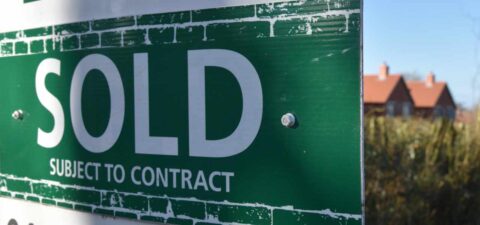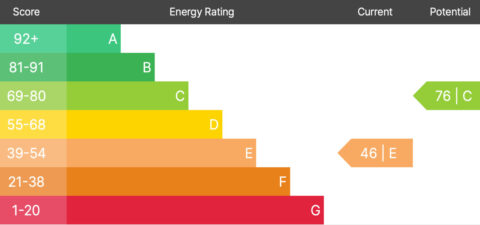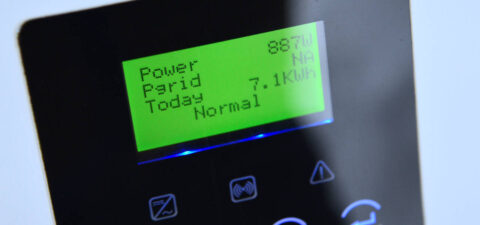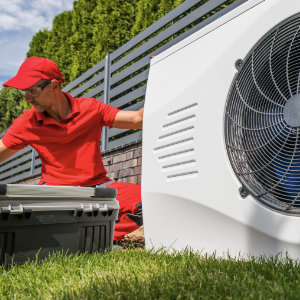When it comes to central heating systems, there’s a lot of choice, including what sort of fuel to use.
No matter how efficient your insulation and draught-proofing may be, an old inefficient boiler will waste a lot of energy and cost you a lot more in running and maintenance bills.
New boilers, especially condensing boilers, are much more energy efficient than older models – and a lot more reliable too. Generally speaking, electricity is not energy efficient for heating (unless you install a ground source heat pump), although green electricity can be environmentally friendly.
Can you get energy saving portable electric heaters?
Unfortunately not, all portable electric heaters will consume the same amount of electricity and produce the same amount of thermal heat, relative to power input. The only difference will be in how they deliver the heat, e.g. fan heaters are a good choice for quick heating of specific areas of a room, as you can direct the heat.
What will affect the running cost of the heater?
The power/energy rating (watts or kWh) will dictate the running cost per hour of any heater. The most effective way to reduce running costs is to keep the heat in, insulating and reducing draughts will help keep bills down. Low cost solutions, such as heavy curtains, blinds, draught excluders will all help. Loft and cavity wall insulation, double-glazing can dramatically reduce heating bills too.
To find out what any electric heater uses, please try Sust-it’s energy calculator – see the running cost of any electric fire.
Many products are oil or gas based, so what are your greener options?
Solar water heating
Fast growing in popularity, these systems generally use panels mounted on your roof and heated by the sun. Although the initial investment can be quite high, you can expect to reduce your water heating costs significantly so that your system pays for itself in the medium term. (N.B. these are not the same as expensive photovoltaic panels, although with these the energy companies will pay you for the electricity you generate, even for your own home use).
Wood fuel
Heating with wood can certainly help reduce greenhouse gas emissions and the Forestry Commission is currently working to bring more wood fuel to the market. Always ensure the timber is from a sustainable source and you do not live in a smoke control area.
Forget fireplaces, they’re hopelessly inefficient. However, wood burning stoves can come with backboilers to provide hot water and heating, as well as being a great roomwarmer in themselves.
Pellet stoves
These are similar to gas boilers as they tend to feed themselves from a fuel hopper – a distinct advantage over wood stoves. On the other hand, pellet stoves are a little more expensive to buy.
Replacing old inefficient boilers
If you are about to replace your central heating or are building a new house please visit: DEFRA (Department for Environment Food and Rural Affairs) as they maintain a Boiler Efficiency Database which allows you to view the SAP seasonal efficiency of thousands of Gas, LPG and Oil Boilers.
Air Conditioning Units are listed in our work section – click here to view their power consumption.
For other products see our Electricity Cost Calculator ».

































